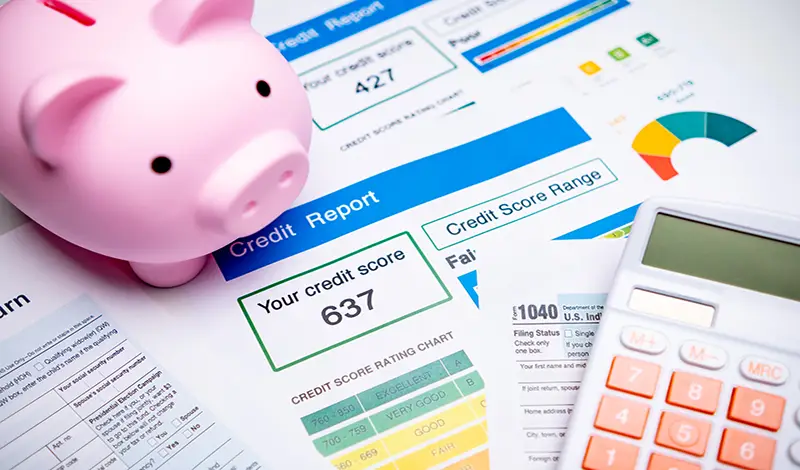What is a Short Sale?
Published on January 31, 2024 | 3 Minute read

Melanie
Ortiz Reyes
Content Specialist
In the complex world of real estate transactions, various terms and concepts can be confusing for both seasoned investors and first-time homebuyers. One such concept that often surfaces, especially in challenging economic climates, is the "short sale."
A short sale transpires when a property owner sells their residence at a price lower than the remaining mortgage debt. This process is typically initiated by homeowners facing financial hardship, such as job loss, medical expenses, or other unforeseen circumstances, making it challenging to meet their mortgage obligations. In essence, the lender agrees to accept a lower payoff amount than what is owed, and the property is sold to a new buyer.

How Does a Short Sale Work?
1. Homeowner Initiates the Process
The process usually begins with the homeowner contacting their lender and expressing their financial hardship. The lender may request detailed financial documentation to assess the homeowner's eligibility for a short sale.
2. Listing the Property
Once the lender approves the short sale, the property is listed on the market by a real estate agent. The listing price is often lower than the remaining mortgage balance to attract potential buyers.
3. Buyer Offers and Negotiations
Buyers interested in a short sale property submit offers, which are subject to the lender's approval. The negotiation process can be lengthy, involving multiple parties and requiring patience.
4. Lender Approval
For the short sale to proceed, the lender must approve the buyer's offer. This step involves a thorough review of the buyer's qualifications and the proposed sale terms.
5. Closing the Sale
Upon lender approval, the sale moves forward to closing, where the property officially transfers from the distressed homeowner to the new buyer.

Considerations for Sellers
Financial Implications
- A short sale may impact the homeowner's credit score, but it's generally less severe than a foreclosure.
- Depending on the agreement, the remaining mortgage balance might be forgiven or result in a deficiency judgment.
Documentation Requirements
- Homeowners must provide detailed financial information to demonstrate their hardship to the lender.
Timing and Patience
- Short sales can take several months, so patience is crucial throughout the process.

Considerations for Buyers
Due Diligence
- Thoroughly research the property's condition and market value before making an offer.
Financing Challenges
- Securing financing for a short sale can be more complicated, and buyers should be prepared for potential delays.
Contingencies
- Include contingencies in the offer to protect against unexpected issues that may arise during the process.
While short sales can offer opportunities for both sellers and buyers, navigating the complexities requires a clear understanding of the process and potential challenges. Whether you're a homeowner facing financial hardship or a buyer seeking a unique real estate deal, consulting with experienced professionals can help streamline the short sale process and ensure a successful transaction.